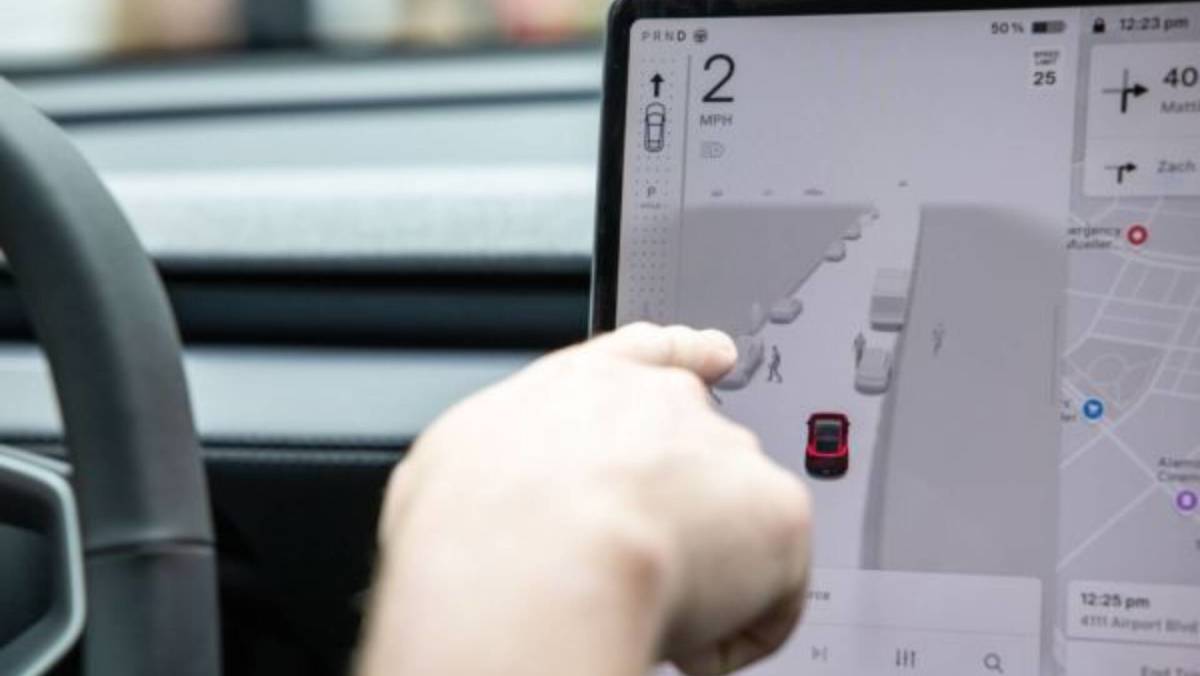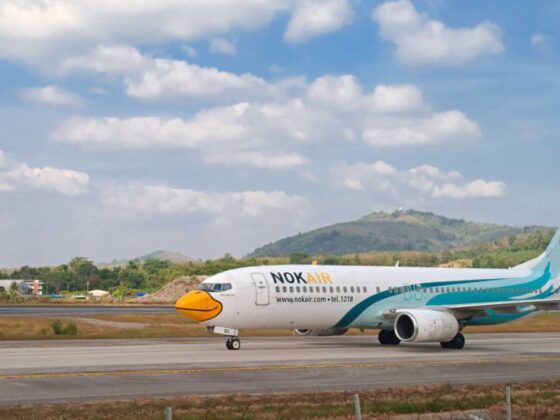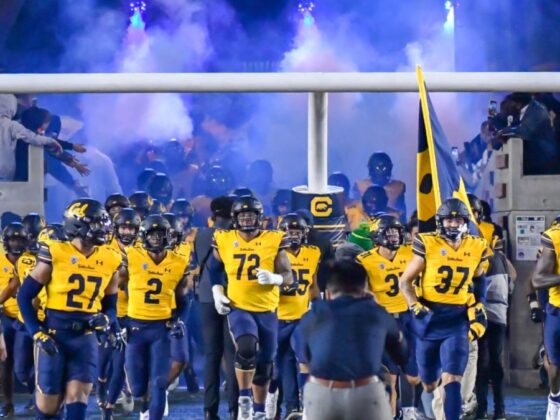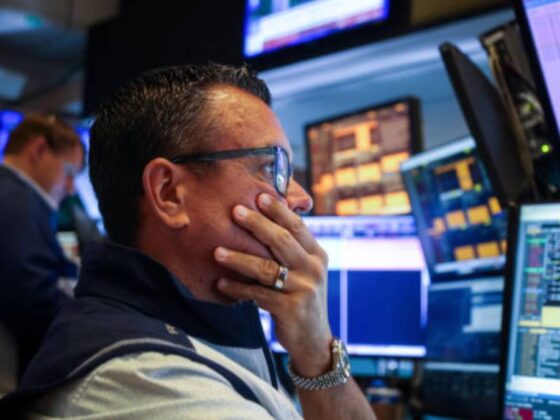Tesla (TSLA) is officially on the offense in its South Florida civil trial over the fatal crash that involved its Autopilot driver assistance software.
The EV maker is being sued by the family of Naibel Benavides, who was killed in 2019 by a runaway Tesla that had Full Self-Driving (FSD) engaged.
The vehicle, driven by George Brian McGee, sped through a T intersection at 62 miles per hour and T-boned an empty parked car in Key Largo, Florida.
Related: Tesla driver gives damning testimony in fatal Autopilot crash trial
Benavides, 22, was standing outside of her vehicle when she was killed, while her boyfriend, Dillon Angulo, was critically injured.
Tesla has argued that McGee, who has settled lawsuits brought by Benavides and Angulo's families, was entirely at fault because their data showed that his foot was on the accelerator just before the moment of impact.
On Friday, the company called its first witness to testify to that fact while also providing further details in its defense.
Image source: Bloomberg/Getty Images
Tesla defense witness places Autopilot crash fault strictly on the driver
Tesla used an accident reconstruction expert to bolster its case in the U.S. District Court for the Southern District of Florida.
James Walker is a mechanical engineer at Carr Engineering and is a court-accepted expert at reconstructing the scene of car crashes.
Based on his own expertise and Tesla's data, Walker concluded that McGee was fully in control of his Tesla Model S at the time of the crash, even though he had Autopilot engaged.
“For the last 1.2 miles, or about 75 seconds, the driver's foot is on the accelerator pedal the whole time. He's taken control,” Walker testified, according to Law360.
Related: Tesla faces its most serious court battle in years
“He was driving the car; the car wasn't driving him.”
McGee dropped his phone while driving down the street on that fateful night. He was looking for the device, not at the road, when the crash occurred.
McGee had testified that he was not alerted that a crash was imminent, and only realized something was amiss when he felt the road turn from pavement to gravel once he reached the end of the street.
However, Walker contradicted that testimony, telling jurors that data showed McGee's car sent an alert 1.65 seconds before impact and brakes were applied 1 second before impact.
McGee's car tore through a stop sign at 61 mph and hit the Chevy Tahoe at 52 mph.
The plaintiffs argue that Tesla is at least partially responsible for the crash because it overpromised on what “Autopilot” is capable of while underdelivering on what it could actually do.
George McGee blamed Tesla for the crash
Walker's testimony on Friday followed testimony from George McGee, who blamed Tesla for the crash.
“I thought it would assist me if I made a mistake,” McGee, 48, a partner in a Florida private equity firm, told a jury in the U.S. District Court for Southern Florida. “It didn’t warn me of the car and the individuals, and hit the brakes.”
McGee was charged with careless driving in October 2019 and ordered to complete 16 hours of traffic school.
Tesla has argued that McGee is solely at fault and that there is nothing Autopilot or any other platform could have done to prevent the crash.
“He’s rummaging around for his phone, and he runs through the intersection,” Joel H. Smith, a lawyer for law firm Bowman and Brooke, said in his opening statement. “This can happen in any car, at any time. This is not about Autopilot.”
Related: Elon Musk has a simple solution for Tesla's problems in Europe













